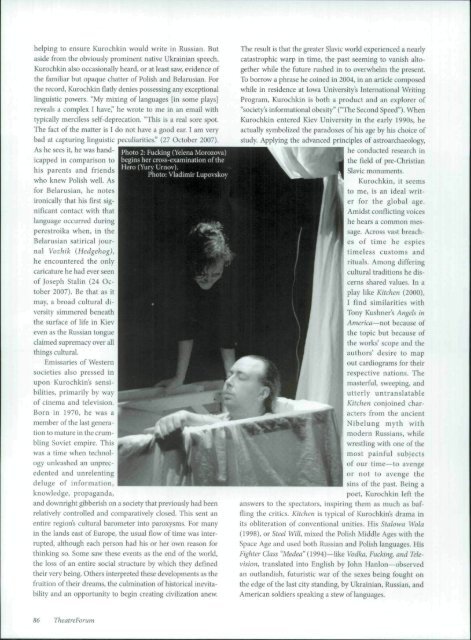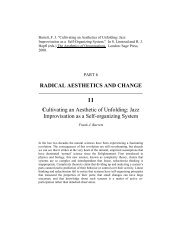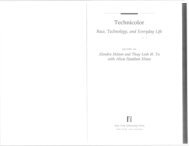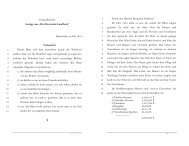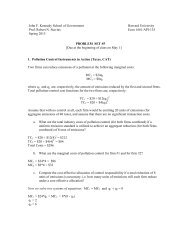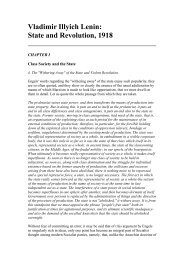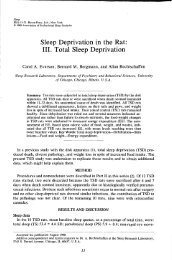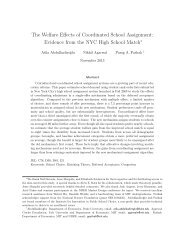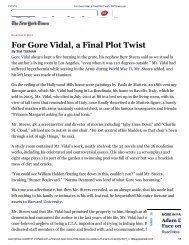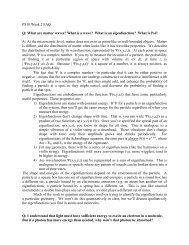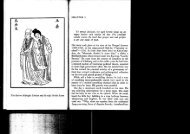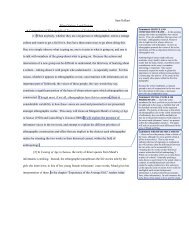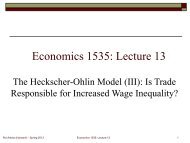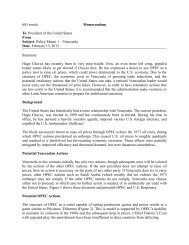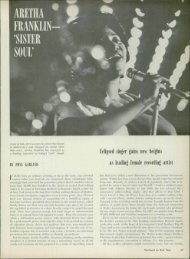In Vodka, Fucking, and Television Maksym Kurocbkin sketches - iSites
In Vodka, Fucking, and Television Maksym Kurocbkin sketches - iSites
In Vodka, Fucking, and Television Maksym Kurocbkin sketches - iSites
Create successful ePaper yourself
Turn your PDF publications into a flip-book with our unique Google optimized e-Paper software.
helping to ensure <strong>Kurocbkin</strong> would write in Russian. But<br />
aside from tbe obviously prominent native Ukrainian speecb,<br />
<strong>Kurocbkin</strong> also occasionally heard, or at least saw, evidence of<br />
the familiar but opaque cbatter of Polish <strong>and</strong> Belarusian. For<br />
tbe record, <strong>Kurocbkin</strong> flatly denies possessing any exceptional<br />
linguistic powers. "My mixing of languages [in some plays]<br />
reveals a complex I have," he wrote to me in an email with<br />
typically merciless self-deprecation. "This is a real sore spot.<br />
The fact of tbe matter is I do not bave a good ear. I am very<br />
bad at capturing linguistic peculiarities" (27 October 2007).<br />
As he sees it, he was h<strong>and</strong>icapped<br />
in comparison to<br />
his parents <strong>and</strong> friends<br />
who knew Polish well. As<br />
for Beiarusian, he notes<br />
ironically that bis first significant<br />
contact with that<br />
language occurred during<br />
perestroika when, in the<br />
Beiarusian satirical journal<br />
Vozhik (Hedgehog),<br />
be encountered the only<br />
caricature he had ever seen<br />
of Joseph Stalin (24 October<br />
2007). Be tbat as it<br />
may, a broad cultural diversity<br />
simmered beneatb<br />
the surface of life in Kiev<br />
even as the Russian tongue<br />
claimed supremacy over ail<br />
things cultural.<br />
Emissaries of Western<br />
societies also pressed in<br />
upon Kurochkin's sensibilities,<br />
primarily by way<br />
of cinema <strong>and</strong> television.<br />
Born in 1970, he was a<br />
member of the last generation<br />
to mature in the crumbling<br />
Soviet empire. This<br />
was a time when technology<br />
unleashed an unprecedented<br />
<strong>and</strong> unrelenting<br />
deluge of information,<br />
knowledge, propag<strong>and</strong>a,<br />
<strong>and</strong> downright gibberish on a society tbat previously had been<br />
relatively controlled <strong>and</strong> comparatively closed. This sent an<br />
entire region's cultural barometer into paroxysms. For matiy<br />
in the l<strong>and</strong>s east of Europe, the usual fiow of time was interrupted,<br />
although each person had his or her own reason for<br />
thinking so. Some saw these events as the end of the world,<br />
the loss of an entire social structure by whicb they deftned<br />
their very being. Others interpreted these developments as tbe<br />
fruition of their dreams, the culmination of historical inevitability<br />
<strong>and</strong> an opportunity to begin creating civilization anew.<br />
86 TheatreForum<br />
Tbe result is that the greater Slavic world experienced a nearly<br />
catastropbic warp in time, the past seeming to vanisb altogether<br />
wbile the future rusbed in to overwbelm the present.<br />
To borrow a phrase he coined in 2004, in an article composed<br />
while in residence at Iowa University's <strong>In</strong>ternationa! Writing<br />
Program, Kurochkin is botb a product <strong>and</strong> an explorer of<br />
"society's informational obesity" ("The Second Speed"). When<br />
<strong>Kurocbkin</strong> entered Kiev University in the early 1990s, he<br />
actually symbolized the paradoxes of his age by his choice of<br />
study. Applying the advaticed principles of astroarchaeology,<br />
he conducted research in<br />
the field of pre-Christian<br />
Slavic monuments.<br />
Kurochkin, it seems<br />
me, is an ideal writer<br />
for the global age.<br />
Amidst confiicting voices<br />
he hears a common message.<br />
Across vast breaches<br />
of time he espies<br />
timeless customs <strong>and</strong><br />
rituals. Among differing<br />
cultural traditions he discertis<br />
shared values. <strong>In</strong> a<br />
play like Kitchen (2000),<br />
I find sitnilarities with<br />
Tony Kusbner's Angels in<br />
America—noi because of<br />
tbe topic but because of<br />
the works' scope <strong>and</strong> the<br />
authors' desire to map<br />
out cardiograms for tbeir<br />
respective nations. Tbe<br />
masterful, sweeping, <strong>and</strong><br />
utterly untranslatable<br />
Kitchen conjoined characters<br />
from the ancient<br />
Nibelung myth witb<br />
modern Russians, wbile<br />
wrestling with one of ibe<br />
most painful subjects<br />
ot our time-—to avenge<br />
or not to avenge the<br />
sins of tbe past. Being a<br />
poet, <strong>Kurocbkin</strong> left the<br />
answers to tbe spectators, inspiring tbem as tnucb as baffling<br />
tbe critics. Kitchen is typical of Kurochkin's drama in<br />
its obliteration of conventional unities. His Stalowa Wola<br />
(1998), or Steel Will, mixed the Polisb Middle Ages with the<br />
Space Age <strong>and</strong> used both Russian <strong>and</strong> Polish languages. His<br />
Fighter Class "Medea" (1994)—like <strong>Vodka</strong>, <strong>Fucking</strong>, <strong>and</strong> <strong>Television</strong>,<br />
translated into Englisb by John Hanlon—observed<br />
an outl<strong>and</strong>isb, futuristic war of the sexes being fougbt on<br />
the edge of the last city st<strong>and</strong>ing, by Ukrainian, Russian, <strong>and</strong><br />
American soldiers speaking a stew of languages.


